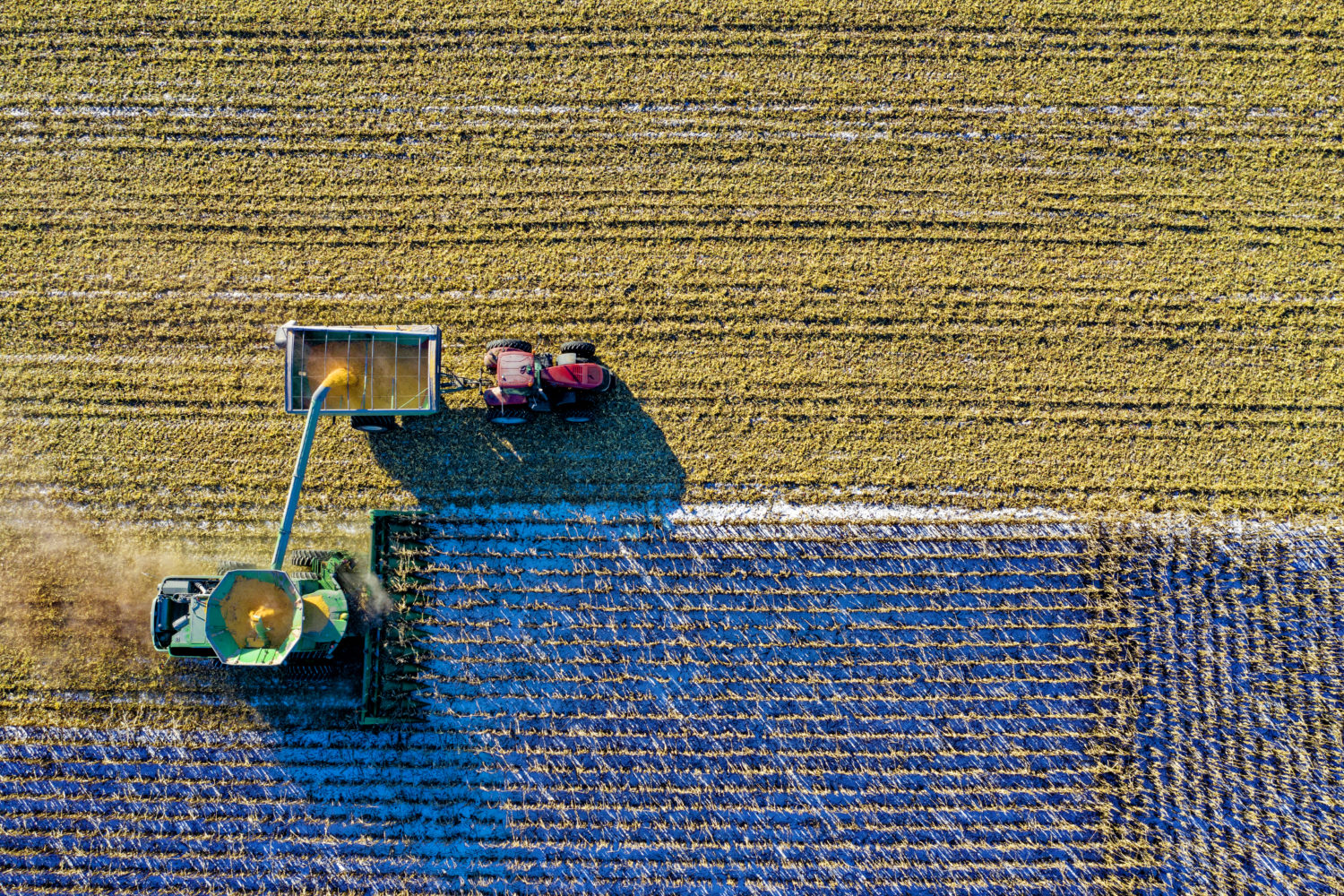Title: Farming Loans and Financing: Growing Your Agricultural Business
Introduction:
Farming is an essential industry that drives our economy and feeds the world. However, running a successful farm requires significant financial investment. Whether you’re a small, family-owned operation or a large commercial enterprise, securing funding through farming loans and financing can be crucial to expanding your agricultural business. In this blog post, we will explore everything you need to know about farming loans, including how they work, who qualifies, the cost involved, and the pros and cons.
Understanding How Farming Loans Work:
Farming loans are financial products specifically designed to address the unique needs and challenges of agricultural businesses. These loans provide farmers with the necessary capital to invest in various aspects of their operations, such as land purchase, equipment upgrades, livestock acquisition, crop production, and other farm-related expenses.
Traditional lenders, such as banks and credit unions, typically offer farming loans. The loan term, interest rates, and repayment options can vary depending on the lender and the specific loan program. Some loans may require collateral, such as farm assets or real estate, as security for the loan.
Example Farming Financing Scenario:
To illustrate how farming loans can help grow your business, let’s consider an example:
Jane is a young farmer who has been running a small-scale vegetable farm for a few years. She wants to expand her operations by acquiring additional land, investing in advanced irrigation systems, and purchasing equipment to boost production. However, Jane lacks the necessary funds to finance these improvements.
By applying for a farming loan from a local agricultural lender, Jane can secure the required capital. This loan enables her to purchase the land, invest in the irrigation systems, and buy the necessary equipment. As a result, Jane’s farm experiences increased productivity, higher yields, and greater profitability.
Who Qualifies for Farming Loans?
Farming loans are available to a wide range of individuals and entities involved in agriculture. Eligible applicants may include:
1. Individual farmers: Small, medium, or large-scale farmers engaged in crop production, livestock rearing, or other agricultural activities.
2. Farm partnerships: Multiple individuals or families collaborating on a farm enterprise.
3. Agricultural cooperatives: Groups of farmers or producers pooling resources to operate collectively.
4. Farming corporations: Business entities, often with multiple shareholders, engaged in agricultural production.
5. Farm-related businesses: Entities offering agricultural services, such as food processing, storage, or equipment manufacturing.
The qualifying criteria for farming loans may vary among lenders, so it’s essential to research and understand the specific requirements of each loan program.
Cost of Farming Loans:
The cost of farming loans includes interest rates, fees, and other charges. Interest rates for farming loans can be variable or fixed, depending on the loan program chosen and the lender. These rates are influenced by factors such as the perceived risk associated with the farming industry, the borrower’s creditworthiness, and the loan term.
Fees associated with farming loans may include application fees, origination fees, appraisal fees (if real estate is involved), and possibly annual service fees. It is important to carefully review the terms and conditions of a farming loan to understand the complete cost structure.
Pros of Farming Loans:
1. Expansion opportunities: Farming loans allow farmers to access capital that can be used to expand their business operations, invest in new farming technologies, and increase production capacity.
2. Manage cash flow: Farming loans provide farmers with additional liquidity, enabling them to cover unexpected costs or manage irregular cash flows associated with agricultural cycles.
3. Competitive interest rates: Some farming loan programs offer competitive interest rates, making them an attractive option for farmers.
4. Tailored repayment terms: Lenders often offer flexible repayment options, such as seasonal payment schedules, which align with the fluctuations of farm revenue.
Cons of Farming Loans:
1. Collateral requirements: Many farming loans may require collateral, which can be a substantial risk for borrowers if they are unable to repay the loan.
2. Limited accessibility: Farming loans may not be readily available in all regions or to all types of farming businesses.
3. Financial risk: The agricultural industry can be subject to unpredictable factors like weather conditions, market fluctuations, and pests, which may pose risks to the borrower’s ability to repay the loan.
Conclusion:
Farming loans and financing solutions play a vital role in the growth and sustainability of agricultural businesses. These loans provide the necessary financial resources for farmers to invest in their operations, expand their productivity, and achieve long-term success. By understanding how farming loans work, who qualifies, the costs involved, and the pros and cons, farmers can make informed decisions to secure the financing they need. Remember to assess your specific requirements, review multiple loan options, and consult with financial experts before embarking on a farming loan journey.
Submit your Farming business loan and financing inquiry today and see if you qualify. Minimal docs. Fast reply. Funds as quick as one business day.


